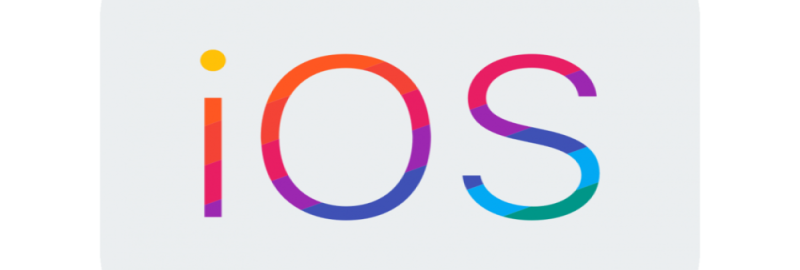
The software giant, Apple, introduced the public iOS 17.4 beta to global beta testers a month ago. This release held particular importance for users in Europe as it introduced the ability to utilize third-party app stores on iPhones. It also permitted third-party browsers such as Firefox and Google to employ their engines instead of the customary Apple WebKit.
Nonetheless, reports from some testers indicate that the new update has ceased support for progressive web apps (PWAs) on their gadgets. Developer Maximiliano Firtman took to X, previously known as Twitter, to shed light on the issue. Firtman first aired his concerns on February 2 following the onset of the initial public beta release for iOS 17.4. Initially, he considered it to be glitch-related, but he now suspects a purposeful decision to comply with the Digital Markets Act (DMA) might be in action.
Firtman stated that users of web apps are being alerted that moving forward, the web apps would now open by default from the users' browsers. The introduction of the DMA laws next month could be the driving force behind this decision, pointed out Firtman. Apple initially supported PWAs via its WebKit, and this engine was made mandatory for third-party browsers to utilize for their apps. However, with the upcoming DMA regulations, browser engines like Google Chrome and Mozilla Firefox, not synonymous with PWAs support, are now permitted by Apple. The paradox lies in the fact that Safari, Apple's browser, should still hypothetically maintain the capability to support these web apps.
If verified, this indicates that web push alerts stemming from a PWA, that became a feature post the implementation of the iOS 16.4 update, will be a thing of the past for European users. There might also be a loss of data stored within these web apps. Lastly, Apple recently launched the iOS 17.3.1 update focusing on resolving a single bug related to text field anomalies. A larger iOS 17.4 release is anticipated in March.